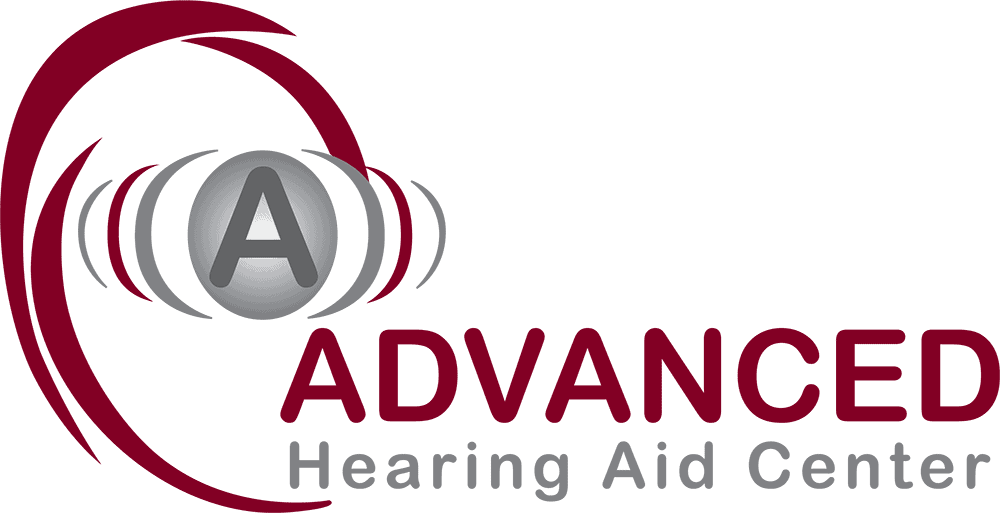When we are younger, we may have been able to brush ourselves off and bounce back up, but as we age we have to take extra care to stay on our toes. In fact, the Centers for Disease Control and Prevention (CDC) reports that “Every second of every day, an older adult (age 65+) suffers a fall in the U.S.—making falls the leading cause of injury and injury death in this age group.” The statistics are higher as we age. The CDC estimates that one out of four older adults will fall each year in the United States, which means it is important to do what we can to lessen our risks. While strength training and an active lifestyle can help us stay on our toes, there are a wide range of factors which help maintain our balance. In fact, one that is often overlooked is hearing health.
The Impact of Falls for Older Adults
All it takes is one fall to change the direction of someone’s health at an advanced age. A person may be active and engaged in life. However, an unexpected fall may change things fast causing chronic pain, loss of independence, and reduced quality of life. In addition, an injury due to fall can lead to a reduction in mobility and can lead to higher rates of social isolation, depression, and social anxiety. An individual may be less inclined to try new things and stay active even after recovering from a fall for fear of falling again. As we age, muscles often become weaker, bones more brittle and reaction time slower. Recovery times are often extended as older bodies take longer to heal and preexisting conditions can become exacerbated by a fall or can cause a fall. However, it is important to do what we can to stay active and engaged with life—as it is what will keep us feeling younger for years to come. One way we can do this is by screening for hearing loss
Screening for Hearing Loss
One in three people 65 and older has hearing loss in the United States, meaning that if you are in this age range and you haven’t already, it is important to screen and test for hearing loss. You may have already been living with it for years and not even know it. This is because hearing loss can develop slowly over years in increments so subtle that the brain rationalizes the loss. However, this doesn’t mean it’s not affecting how you hear the people in your life and the world around you. Even a mild hearing loss can affect cognitive functioning, relationships, and your sense of space.
Improving Balance by Addressing Hearing Loss
While hearing loss in most cases is irreversible it can be addressed using hearing aids or cochlear implants. These tiny digital devices can be programmed to amplify only the sounds you struggle with and help you be more alert and more engaged in your surroundings. To understand just how effective hearing aids can be in improving balance, researchers at the Washington University School of Medicine in St. Louis researched the effects of balance for older adults (65+). They found that in fact older adults who used hearing aids scored much higher on balance tests.
In a small study of 14 adults between the ages of 65 and 91 standard balance tests were conducted on patients with and without hearing aids with results that pointed to hearing aids being a major factor in increasing balance and decreasing the risk of devastating falls.
Timothy Hullar, senior author, and professor at the Washington University School of Medicine explains “The participants appeared to be using the sound information coming through their hearing aids as auditory reference points or landmarks to help maintain balance”
Schedule a Hearing Exam Today
Our hearing is a vital way we move and connect to the world around us. If you are 65 or older and haven’t checked your hearing recently, scheduling an exam with us today may be the difference between years of mobility and independence or falls that can change your life indefinitely. To find out what we can do to take care of you and your hearing, don’t hesitate to contact us today!

